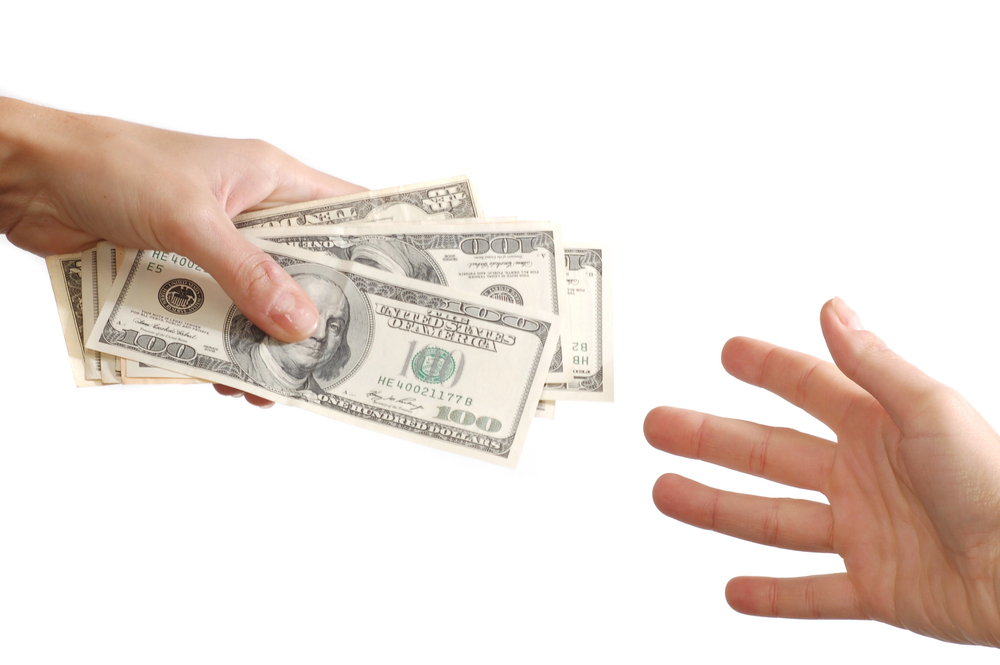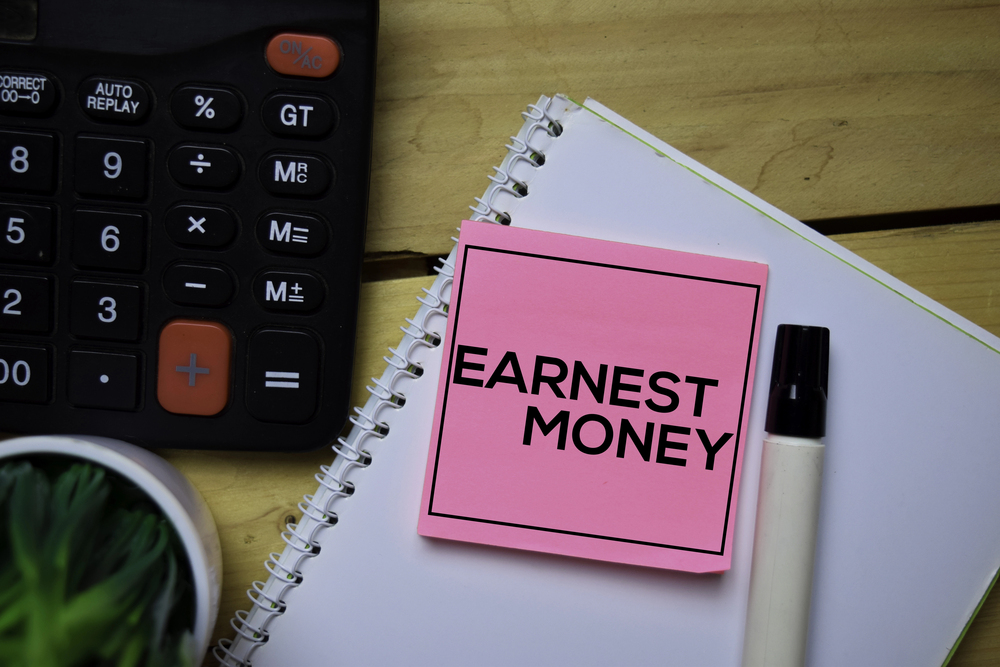Many first-time home buyers are unaware of whether they can get their earnest money back after a bad deal. Understanding the concept of earnest money, or a ‘deposit,’ is critical to understanding how this measure of good faith can help you secure your first property in Louisiana.
What Is Earnest Money?
Earnest money is a ‘deposit’ a buyer pays for a home they want to purchase. This deposit to a seller represents a homebuyer’s good faith that they will acquire the new house.
In most situations, a homebuyer and lender will negotiate a contractual agreement or add to an offer that includes an earnest money deposit. Once the ‘good faith money’ is deposited, the funds are held in escrow. After closing the house sale, the deposit is directly applied to the down payment and closing costs.
In short, these are the steps of earnest money deposits in a home-buying process:
- Both parties enter a contract
- The seller takes the house off the market
- The buyer makes an earnest money deposit to ‘hold’ the house
How Much Is Earnest Money When Buying A Home?
First-time home buyers might wonder how much the earnest money deposit amounts to when purchasing a property. The buyer and seller can negotiate the deposit, but it typically fluctuates between 1-10% of the purchase price, depending on the current real estate market.
In other situations, a seller might require a fixed amount for the earnest money deposit, such as $5,000. Some sellers even require period deposits to continually show trust and good faith in the buying process.
Is Earnest Money Refundable?

Knowing if your money is refundable before putting down a percentage deposit or a fixed amount is crucial. In most situations, earnest money is refundable—but not all. Whenever a seller and buyer enter into a contract agreement that specifies the non-refunding of earnest deposits, the buyer loses money.
However, in most situations, buyers can get their money back:
- Repairs: The buyer can select who must pay for a house’s repairs, renovations, or replacements during the home inspection.
- Appraisal Price: If the home appraisal price is lower than the initially agreed purchase price, the buyer can back out of the deal or negotiate a lower sale price.
- Selling the House: Depending on the contingency agreement in the contract, the buyer can get their earnest money back if they cannot sell their current property.
- Loan: An earnest deposit can be refunded based on the loan/financing contingency agreement.
Can You Get Your Earnest Money Back?
The outcome is typically positive for those wondering if you can get your earnest money back after a failed deal. Earnest money is returned to the buyer if something goes wrong in the appraisal covered in the pre-set stipulations by the buyer and seller.
If the house appraisal price is lower than the initial price or there are huge issues/renovations required with the property, buyers can get their deposit back.
See If Your Earnest Money Is Refundable With Our Help
Home Helpers Properties can help you find ways to make the deal work and get your earnest money deposit back—we’ll do whatever it takes. We provide first-time buyers with the tools and guidance to negotiate deals and find the perfect home.
Get in touch with us today to find the house of your dreams in Louisiana.


